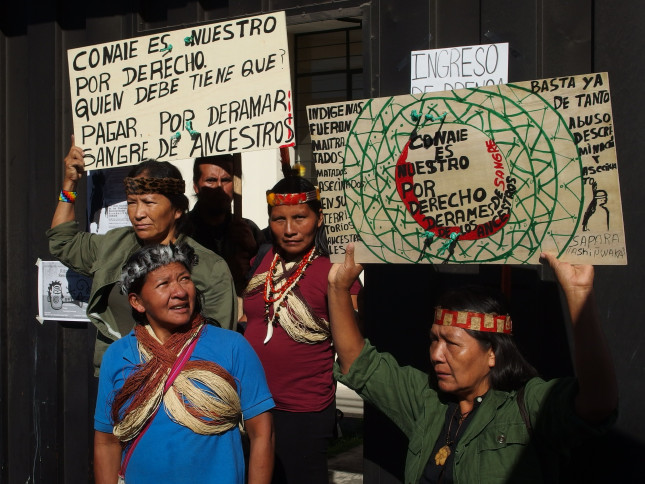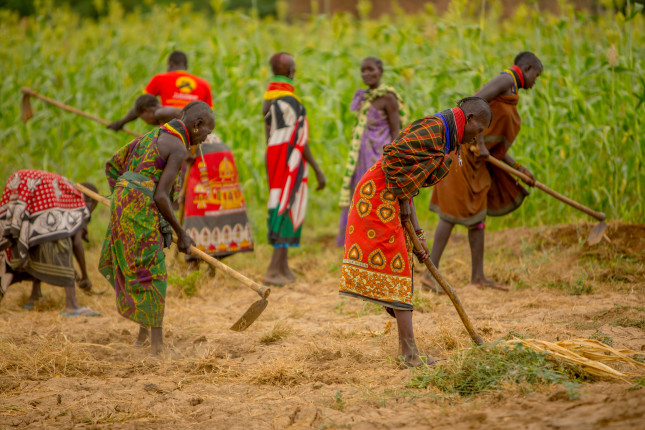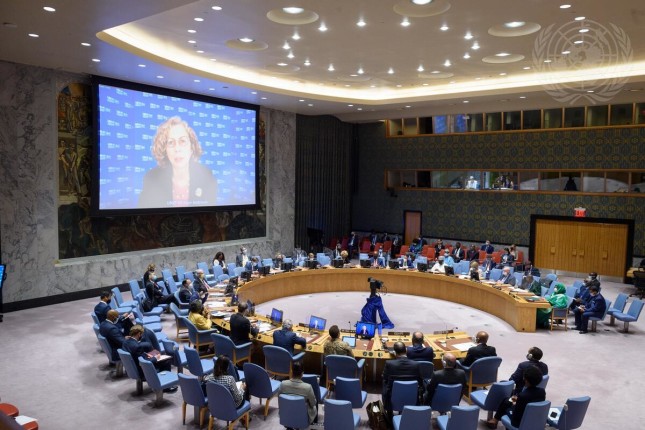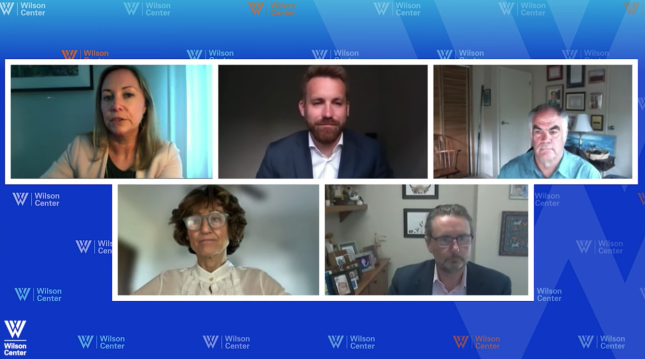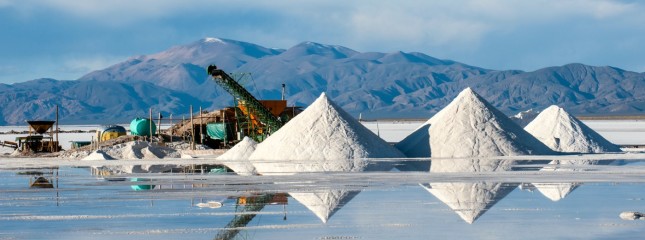Yiran Ning
Yiran Ning was a Staff Intern with the Environmental Change and Security Program in 2022.
-
Buen Vivir in Ecuador: An Alternative Development Movement for Social and Ecological Justice
›China Environment Forum // Guest Contributor // Vulnerable Deltas // December 8, 2022 // By Yiran NingEarlier in 2022, Ecuador’s capital was left “virtually paralyzed” after some 14,000 people, mainly Indigenous Ecuadorians, participated in 17 days of sometimes violent nationwide protests. The actions forced the Lasso government to the negotiating table for a 90-day dialogue with Indigenous leaders. By early September, the parties signed a temporary moratorium on the development of oil blocks and the allocation of new mining contracts. -
Food Security as a Driver for Sustainable Peace in Kenya
›
“The food system is complex; it is not just about food production,” said Florence Odiwuor, a Kenyan Southern Voices for Peacebuilding Scholar, at a recent event on the role of food security systems in sustainable peacebuilding in Africa hosted by the Wilson Center’s Africa Program. As a lecturer at the School of Agriculture, Natural Resources, and Environmental Studies at Rongo University, Odiwour observed that given the food system’s interconnectedness with issues like education, gender, finance, and labor, “disruptions or failures in the [food] system have caused a lot of conflict in [Kenya].”
-
Top 5 Posts for July 2022
›
July’s top post explored why water diplomats should revisit the realist perspective when interrogating leadership styles, cultural differences, and knowledge sharing involved in water disputes and cooperation. Over the past decade, diplomacy initiatives to address transboundary water conflicts have been frustratingly “power-shy,” write Sumit Vij, Jeroen Warner, Mark Zeitoun, and Christian Bréthaut. Multilateral institutions like the United Nations should instead address the power dynamics embedded in such disputes by engaging in track 2 (informal interaction between lower-ranking officers of both sides) or track 3 (facilitating interaction and understanding between communities) diplomacy.
-
The Promise of Transatlantic Partnerships in the Critical Mineral Supply Chain
›
Supply chain considerations in today’s globalized economy have expanded beyond minimizing costs. As Duncan Wood, Vice President for Strategy and New Initiatives and Senior Advisor to the Mexico Institute at the Wilson Center, noted at a recent panel hosted by the Environmental Change & Security Program as part of the Transatlantic Climate Bridge conference, issues ranging from environmental, social, and corporate governance (ESG) to national security and geopolitics, have transformed critical mineral supply chains into something that is now “inherently political.”
-
Preventing a “Green Resource Curse”: Opportunities and Risks of Mining in the Global Energy Transition
›
Is a “green resource curse” on its way? Kimberly Thompson, a Senior Advisor for Natural Resources and Conflict and the Industry Lead for Mining at the U.S. Agency for International Development (USAID), says that the current status quo in the green mining industry risks “inadvertently creating the conditions” for it to happen.


